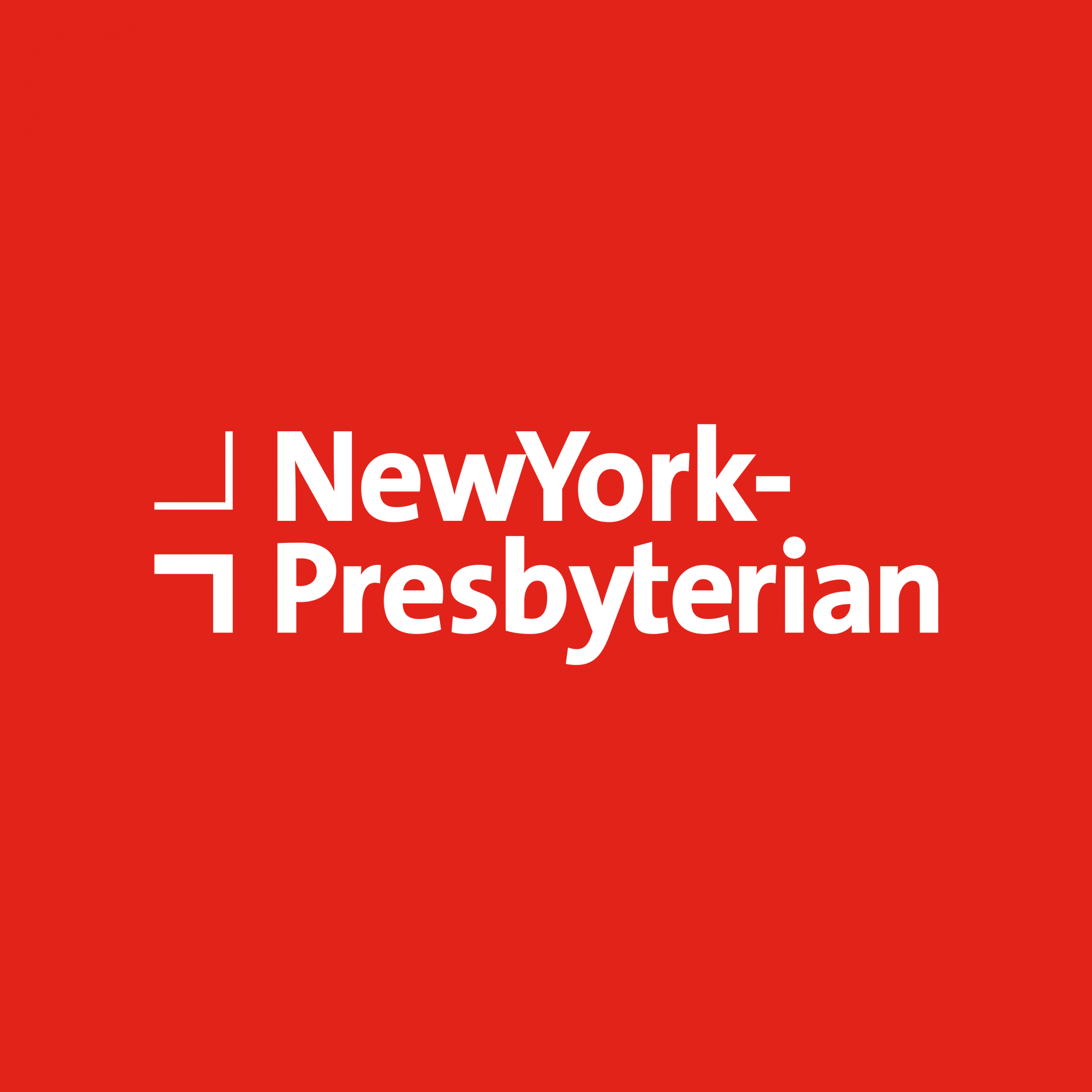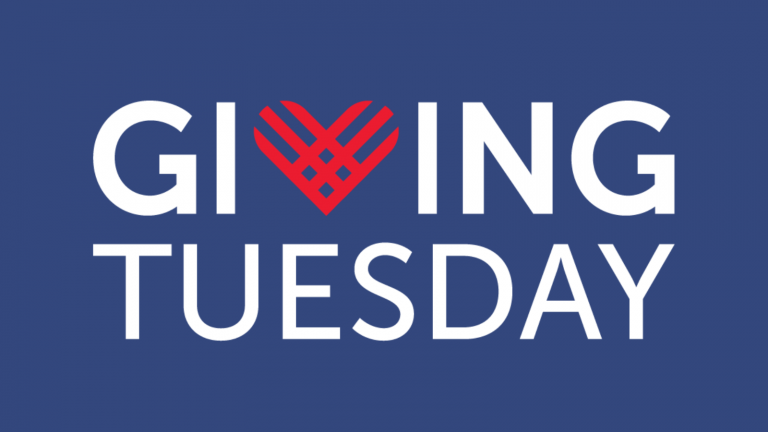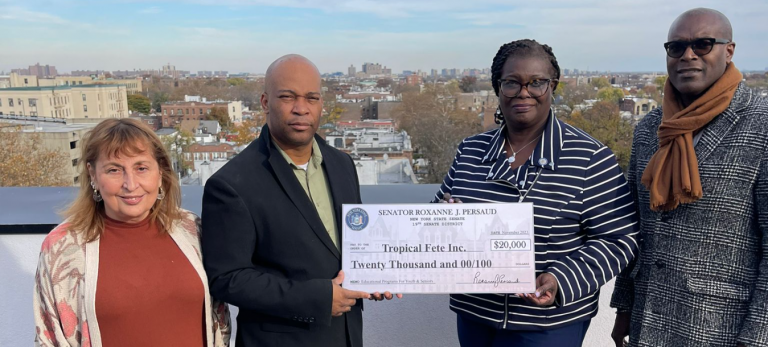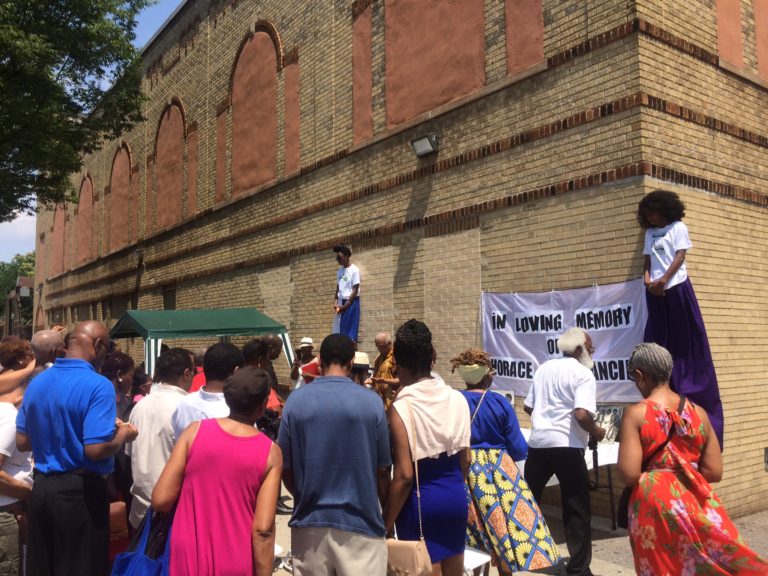Tropicalfete, Inc. Awarded 2025 NewYork-Presbyterian Mini Grant to Expand Arts and Music Therapy Programs for Youth and Community Wellness
Tropicalfete, Inc., a leading cultural organization in New York City, is thrilled to announce that it has been awarded the 2025 NewYork-Presbyterian Mini Grant to support the expansion of its music and arts therapy initiatives designed to improve community mental health and overall well-being.
This prestigious grant will fuel Tropicalfete’s well-established Arts and Music as Therapy Program, which has been serving the Brooklyn community for over a decade. Through culturally relevant art forms including steelpan, stilt dancing, masquerade, spoken word, and more. Tropicalfete harnesses the healing power of the arts to address emotional, behavioral, and developmental needs, particularly among youth and underserved populations.
“For years, we’ve seen firsthand how music and the arts can restore joy, reduce anxiety, and empower individuals to overcome trauma and adversity,” said Alton Aimable, President and Founder of Tropicalfete, Inc. “This grant from NewYork-Presbyterian enables us to deepen that work reaching more people, especially our youth, with programming that heals through culture.”
Tropicalfete’s programming draws upon principles of creative arts therapy, providing structured, interactive workshops that encourage emotional expression, build self-confidence, and foster connection. These initiatives are rooted in Caribbean heritage and social rhythms, offering participants a sense of cultural identity while promoting holistic wellness.
The 2025 NewYork-Presbyterian Mini Grant aligns with the organization’s goal to support community health through innovative, person-centered solutions. With this year’s theme, “Stay Amazing,” NewYork-Presbyterian highlights the resilience and strength of New Yorkers—a message Tropicalfete has long championed through its culturally grounded wellness programs.
This grant will allow Tropicalfete to enhance its therapeutic arts curriculum, train additional facilitators in trauma-informed practices, and offer more free or low-cost access to its services in schools, community centers, and housing developments.







